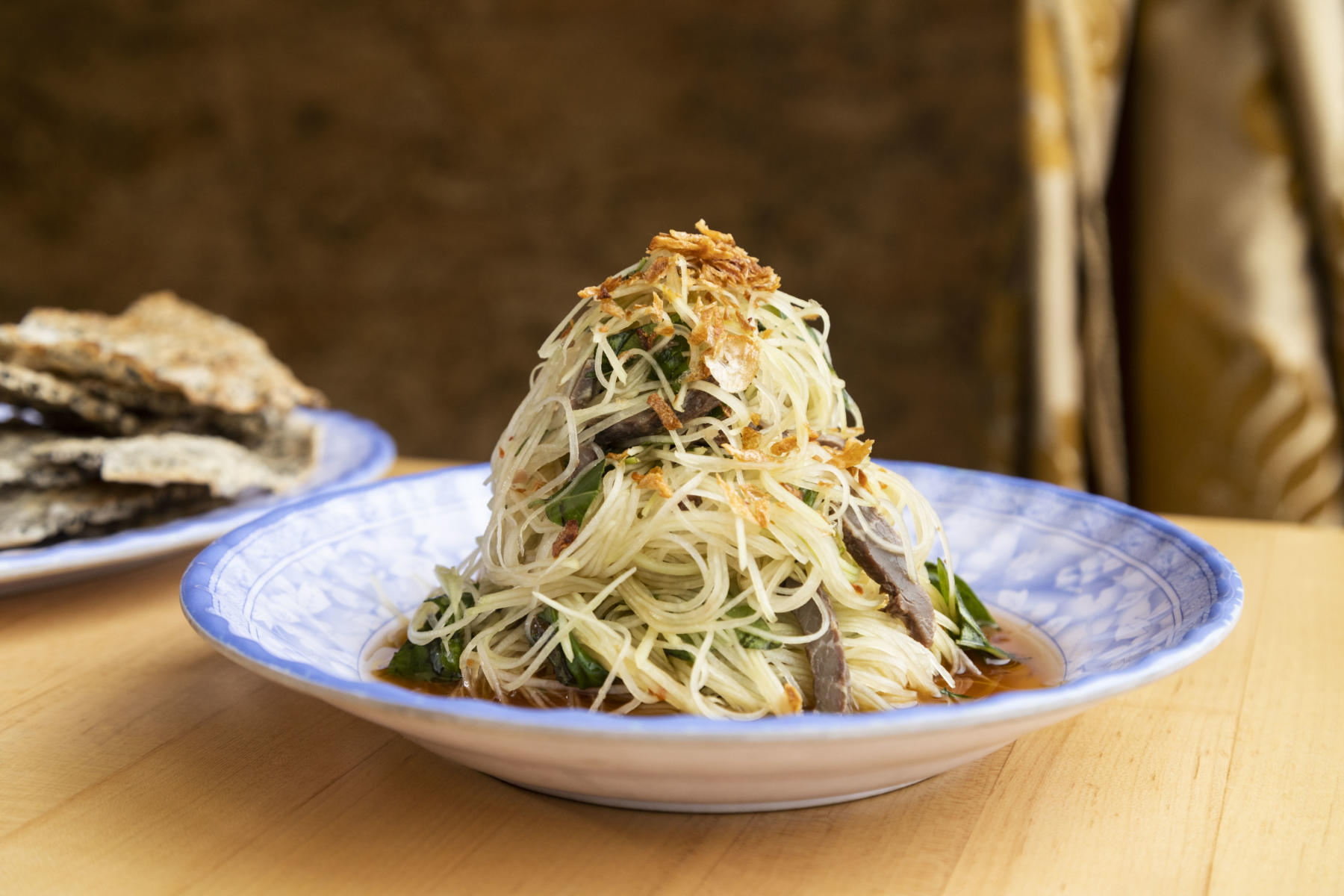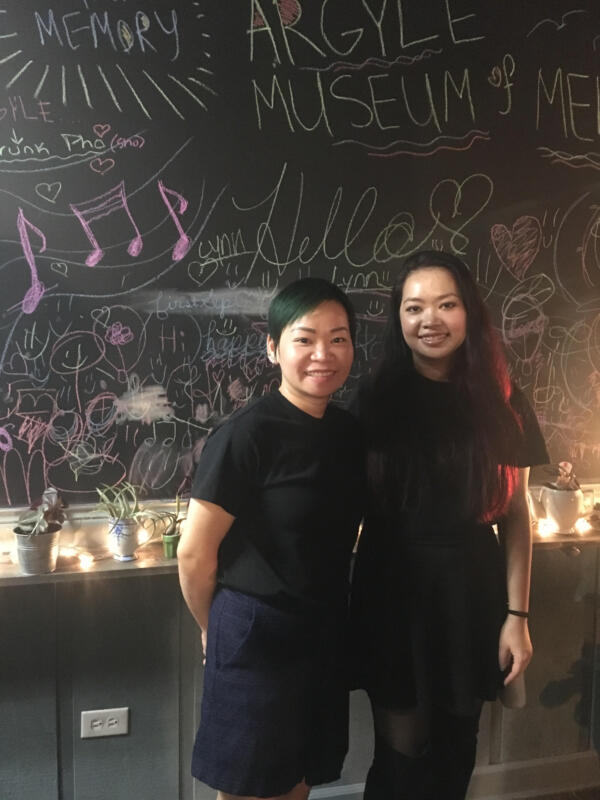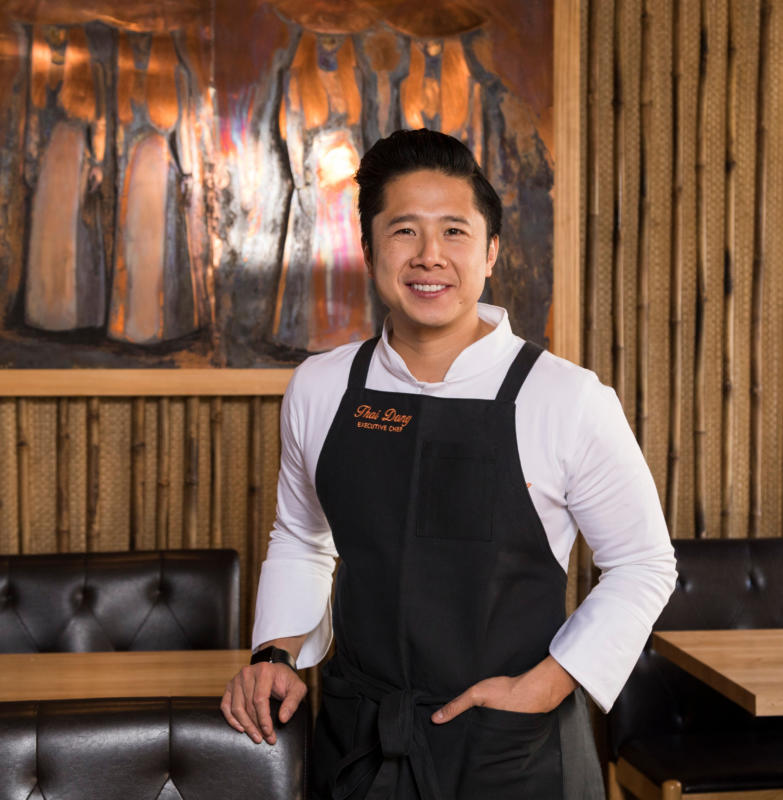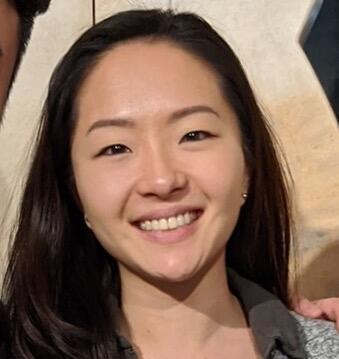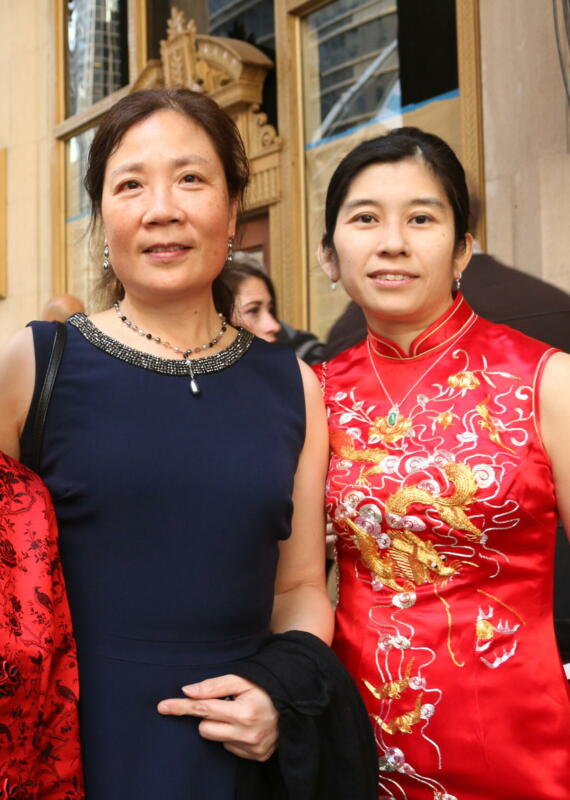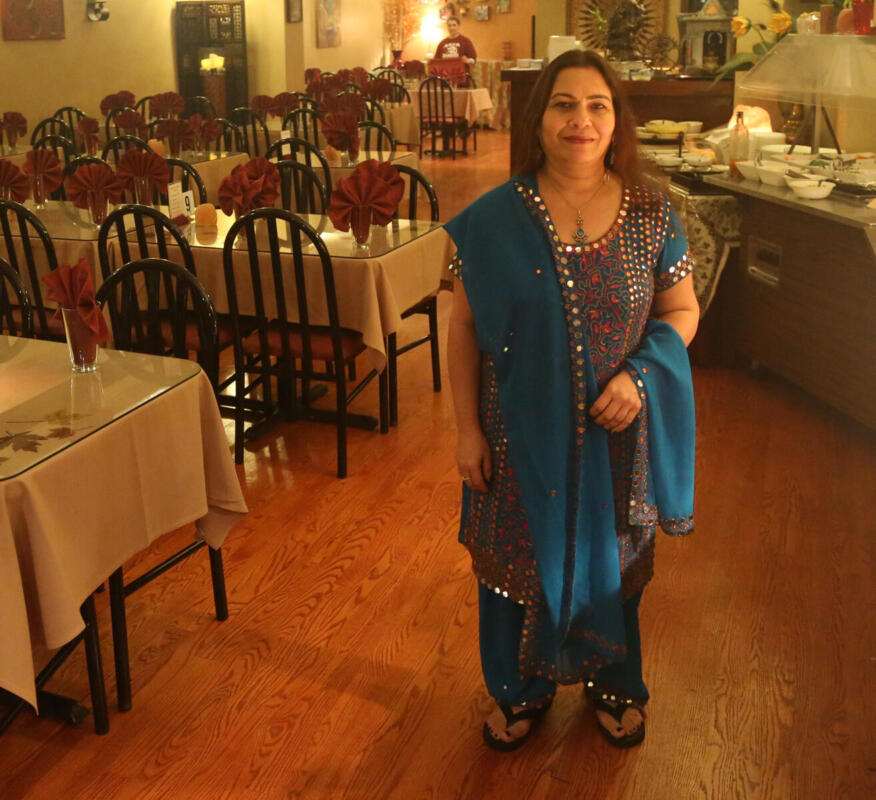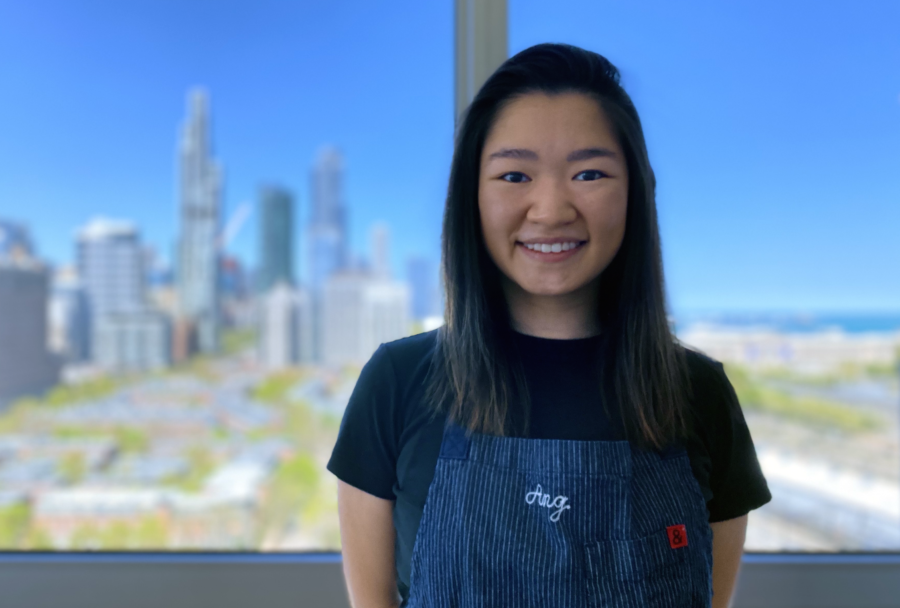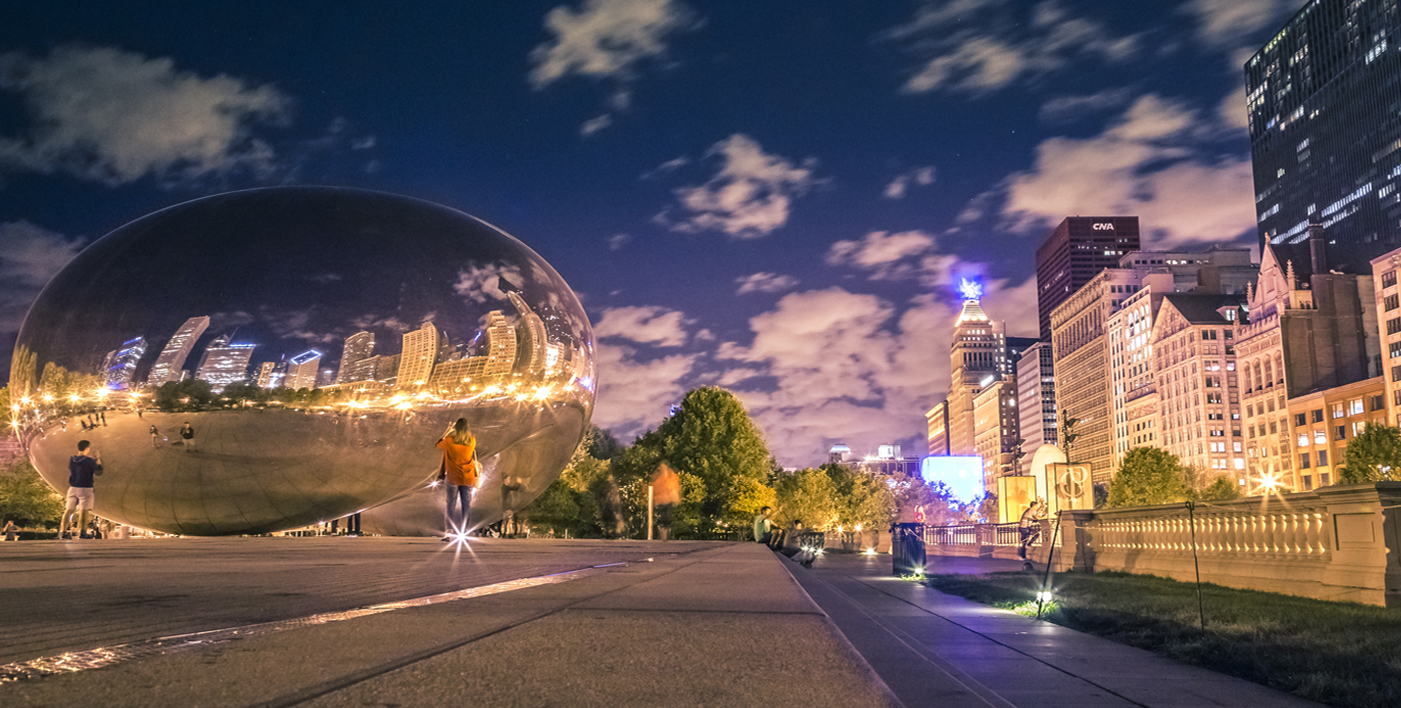Kelly Cheng: Sun Wah BBQ
Kelly Cheng runs Sun Wah BBQ, winner of the America’s Classics Award by the James Beard Foundation, with her family in Uptown.
Tell us about Sun Wah BBQ.
My parents immigrated to the U.S. from Hong Kong, and we started on Argyle Street in about 1987. Their mission was to make fresh homemade food and let people enjoy it. And over the last 10 years in the Broadway location, we have slowly started educating people about what real Chinese food tastes like.
How did you get involved with the restaurant?
I started working at the restaurant with my parents when I was about eight years old. It was something that you had to do because it was your duty. But by the time I finished my MBA and was attempting law school, I was burned out. I quit and moved to Hong Kong. I was traveling around Asia, and everywhere I went, it was all about eating. And I finally realized that I like work and I like the atmosphere of the restaurant.
What do you think is the importance of restaurants like Sun Wah?
I think that throughout the last decade or so we have done quite a bit in teaching people about our culture and our food. And a lot of our customers have realized, wow, these guys are just like us. They have a family that they care about. They have food that they want to share. It’s just like every other family that’s out there, you know?
Learn more

